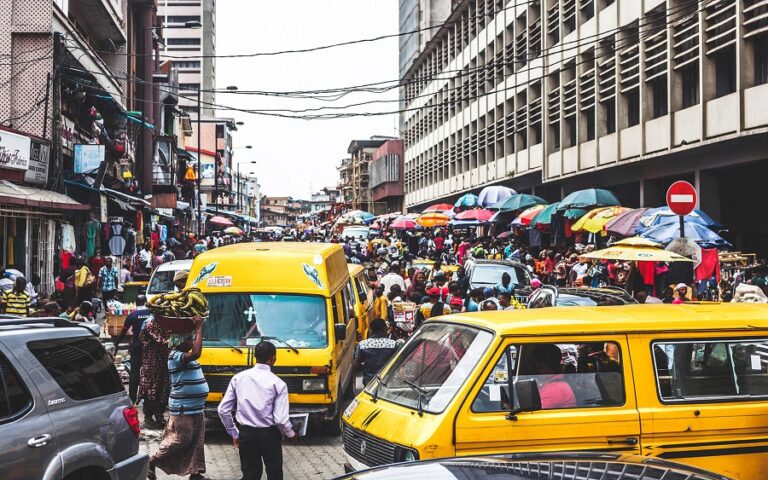Nigerian businesses are coming under mounting pressure as commercial lending rates hover around 30 per cent, forcing many firms—especially Small and Medium Enterprises (SMEs)—to scale back operations, delay investments and battle rising loan repayment burdens.
Bank officials and financial analysts warn that the current credit conditions are eroding business confidence and undermining Nigeria’s fragile economic recovery. Across the banking sector, commercial loan rates now sit between the high 20s and low 30s, depending on sector risk, collateral quality and customer profile.
A senior credit officer at a Tier-2 bank confirmed lending rates of 32–36 per cent, noting that only Federal Government–backed programmes such as CreditCorp loans offer some relief at 24 per cent. Other banks reflect a similar trend: Providus Bank quotes 29–35 per cent, Globus Bank stands at 29–30 per cent, while UBA Plc lists an average of 29 per cent.
CBN’s Tightening Pushes Rates Higher
The Central Bank of Nigeria’s (CBN) aggressive monetary stance is a key driver of the high-rate environment. Following its September 2025 Monetary Policy Committee (MPC) meeting, the CBN raised the Monetary Policy Rate (MPR) to 27.5 per cent and maintained a 50 per cent Cash Reserve Ratio (CRR) for commercial banks—one of the most restrictive liquidity positions in recent years.
“This is one of the tightest monetary periods we’ve had in years,” said Abuja-based financial analyst Kola Aremu. “With a benchmark rate approaching 28 per cent, it’s unrealistic to expect bank lending below 30 per cent. Banks must price in risk, inflation and regulatory requirements.”
CBN Governor Yemi Cardoso has defended the hawkish stance, insisting that curbing inflation is the institution’s top priority. The IMF has supported the policy direction but advised stronger fiscal action to cushion private-sector pressures.
Private Sector Cries Out Over ‘Hostile’ Interest Regime
Business groups argue that the tightening is stifling productivity and damaging investment prospects.
Former Lagos Chamber of Commerce and Industry DG, Dr. Muda Yusuf, described the current interest environment as “economically damaging.”
“Interest rates at 30 per cent are hostile to investment,” he said. “No productive enterprise can survive these conditions, especially with short tenures. We need a balanced policy that controls inflation without strangling real-sector financing.”
Economist and former banker Dr. Tina Okei echoed the warning, stressing that current borrowing costs are discouraging capital formation.
“Manufacturers are delaying equipment purchases, exporters can’t expand, and SMEs—the largest job creators—are the hardest hit. Without affordable credit, productivity stalls.”
Businesses Cutting Output, Hiring and Expansion Plans
CBN data from early 2025 shows 75 per cent of Nigerian businesses now list high interest rates as their biggest operational challenge.
A Lagos-based rice processor told New Telegraph he has cut output by 40 per cent.
“Our working capital loan is at 33 per cent. We’re servicing it, but growth has stopped entirely,” he said.
A 2025 report by CFG Advisory found that wide interest-rate spreads—deposit rates at 5–7 per cent versus lending rates near 30 per cent—are reducing private-sector credit and weighing heavily on GDP growth. The firm recommended targeted credit easing and stronger fiscal coordination.
Government Interventions Not Enough, Say Analysts
The Federal Government has rolled out programmes such as:
-
Bank of Industry (BOI) loans
-
SME Development Fund
-
CreditCorp facilities
However, experts say these interventions remain too small to support an economy driven by millions of SMEs.
Analysts warn that if borrowing conditions do not improve, Nigeria could face slower job creation, weaker consumer spending and prolonged business stagnation.
“Affordable credit is the engine oil of the economy,” Dr. Okei said. “At 30 per cent, the engine is knocking.”

